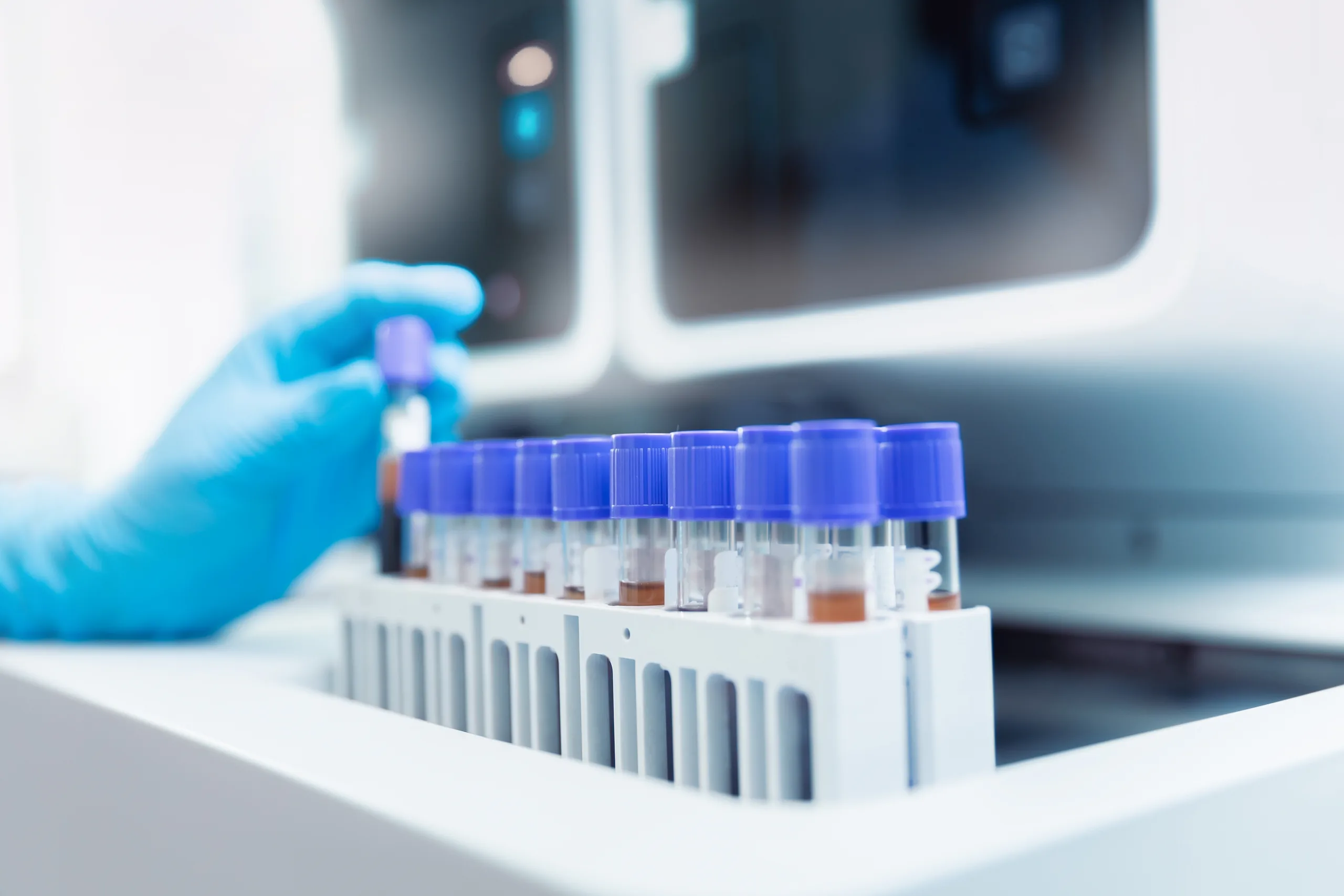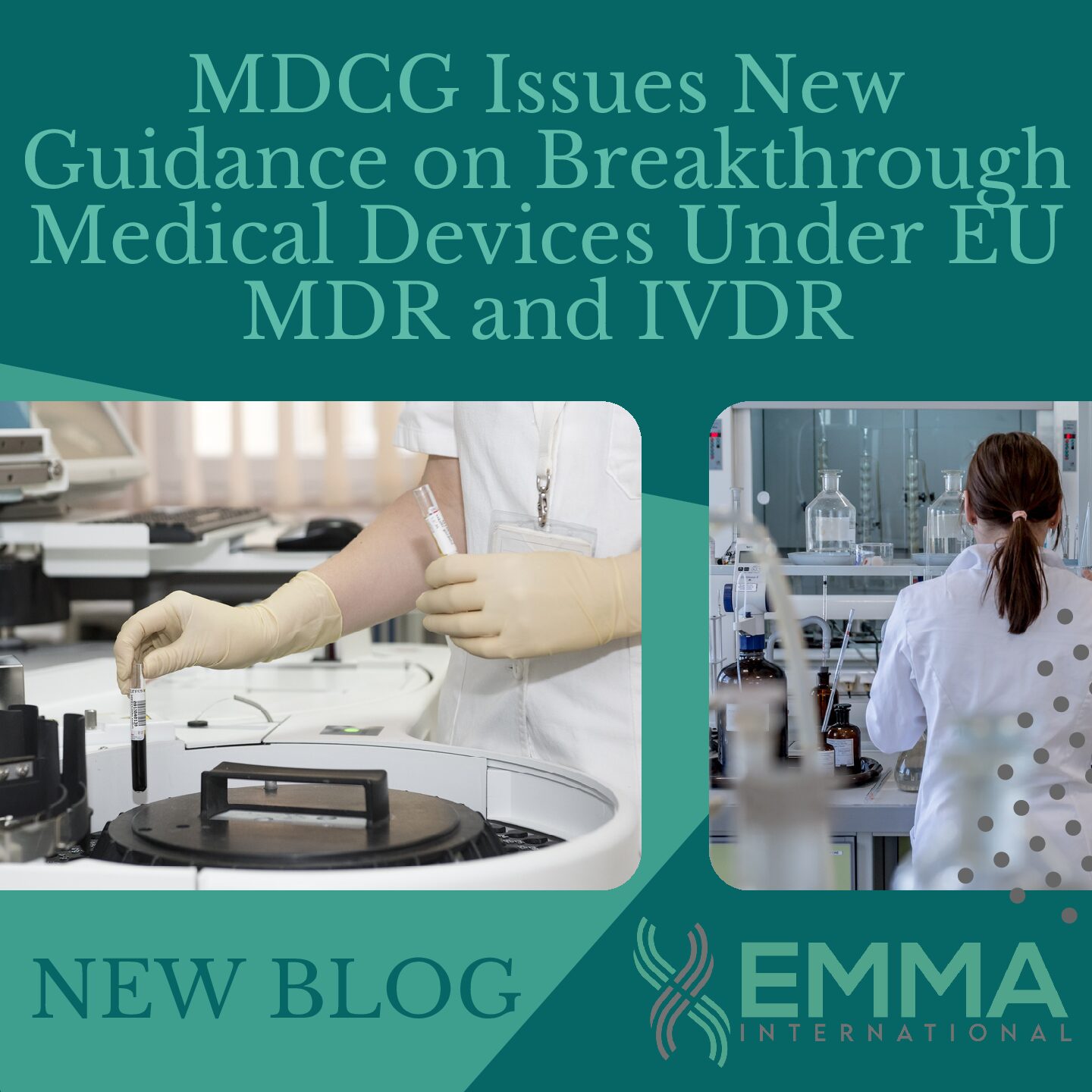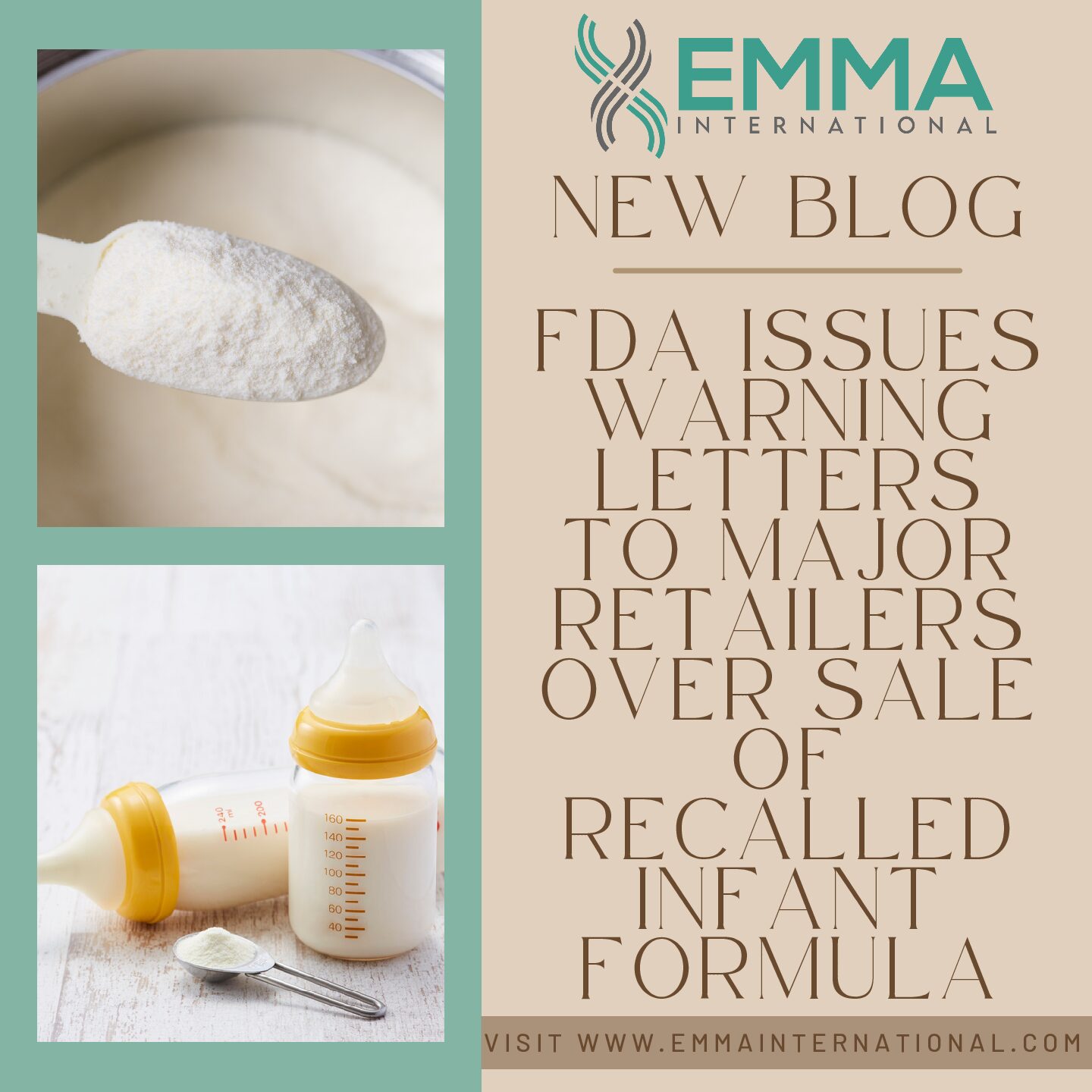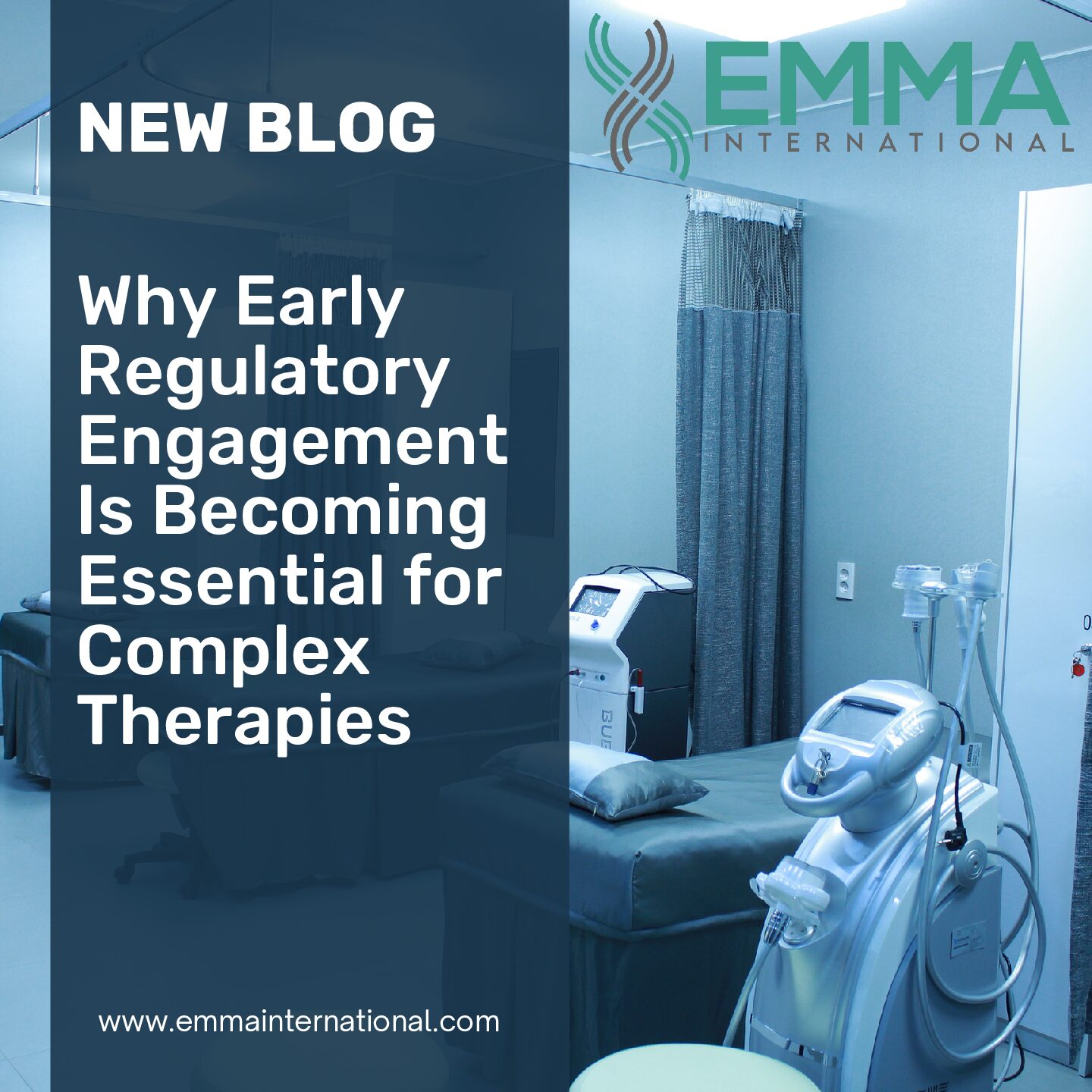Central to assurance of medical device safety and effectiveness is the concept of Sterility Assurance Levels (SALs), a critical metric in ensuring the purity and integrity of medical devices. In this blog, we discuss the significance of SALs for medical devices, their implications for patient safety, and the rigorous standards they uphold in the realm of healthcare innovation.
Sterility Assurance Levels (SALs) quantify the probability of a single viable microorganism being present on a medical device after sterilization. It is typically expressed as a decimal followed by a negative exponent, such as 10^-6, indicating a one in a million probability of a viable microorganism’s presence on a sterilized device.
SALs are instrumental in safeguarding patient health by ensuring that medical devices remain free from microbial contamination. Devices intended for invasive procedures or implantation must meet stringent sterility requirements to minimize the risk of infections and adverse outcomes for patients. Adherence to SALs is a regulatory imperative for medical device manufacturers worldwide. Regulatory bodies, such as the FDA and the European Medicines Agency (EMA), set forth stringent requirements for sterility assurance to protect patient safety and uphold public health standards.
Medical device manufacturers employ a variety of sterilization methods, including steam sterilization, ethylene oxide (EO) sterilization, gamma irradiation, and electron beam sterilization, to achieve SAL compliance. Each method is meticulously validated and optimized to ensure effective microbial reduction without compromising device integrity.
Manufacturers must conduct comprehensive validation studies and microbial challenge tests to demonstrate the efficacy of sterilization processes in achieving the target SAL. This involves assessing factors such as sterilization parameters, microbial resistance, and product compatibility to validate the sterility assurance of medical devices.
Maintaining SAL compliance is an ongoing endeavor that requires rigorous monitoring, quality control, and adherence to Good Manufacturing Practices (GMP). Manufacturers implement robust quality management systems to monitor sterilization processes, environmental conditions, and product quality throughout the device lifecycle.
Sterility Assurance Levels (SALs) are critical in the realm of sterile medical device manufacturing. By adhering to stringent sterility requirements and upholding the highest standards of quality and reliability, manufacturers ensure the integrity of medical devices. EMMA International’s team of sterility experts can help prepare robust sterility validation studies and analyze the data, call us at 248-987-4497 or email info@emmainternational.com to learn more.
FDA (March 2023) Sterilization Process Controls retrieved from: https://www.fda.gov/inspections-compliance-enforcement-and-criminal-investigations/inspection-guides/sterilization-process-controls





